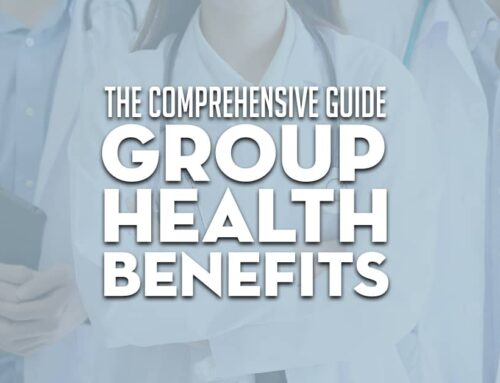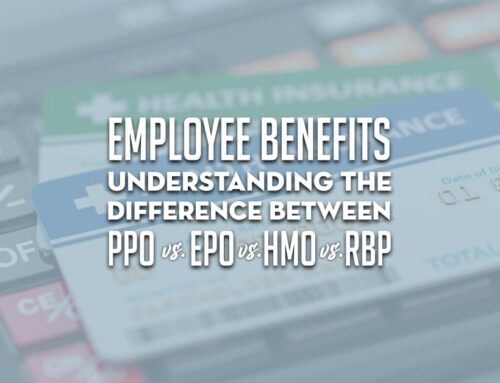A considerable share of a small business’ budget goes to benefit plans. If a company wants to provide value and protection to employees while keeping costs down, they can offer supplemental health insurance.
A voluntary plan helps small businesses attract and retain high-performing professionals, vital in today’s competitive market. If providing supplemental insurance is the norm in your industry, and you don’t, you will lag behind peers in attracting or keeping employees. Even better, if your industry does not provide this benefit, you’ll be a pioneer for it.
Short- and long-term disability, vision, dental, and life insurance are all viable offerings. Critical illness insurance, accident insurance, and even pet insurance are also nice to offer. Providing these to employees at a payroll deduct basis is a win-win.
People are mindful of their financial wellness
Employees are more discerning about their benefits these days, and they go for companies that provide supplemental insurance. Although many companies provide medical insurance, it’s still essential to provide the insurance that covers their estate, protect their paycheck in case of a disability, or take care of co-pays and deductibles, among others. Life insurance, accident insurance, and other similar plans help with that.
Companies must address gaps in traditional coverage, and employers need to make available more plans that enable financial security. Providing supplemental plans could meet employee needs; consult brokerage firms to learn how you can develop a menu of offerings for your employees.
Supplemental plans provide a counterbalance
Provide employer-paid supplemental insurance like critical illness and accident insurance on an after-tax basis. Doing so can offset the double-digit annual increases in medical premiums, and it can stabilize your business. It is especially important to do this in 2020, given the volatile nature of economies and markets.
Even beyond this year, though, it’s a wise decision to keep costs down through supplemental insurance. It’s common for employers to see a 25-percent increase in medical premiums; keeping them in check involves reducing costs elsewhere. Otherwise, employees face steep out of pocket expenses like deductibles and co-pays. Supplemental plans give workers the financial cushion they need to make it through crises like these.
These plans provide peace of mind to employees
Group universal life plans, critical illness plans, and accident insurance are among the most sought-out products across health insurance marketplaces. Their popularity is because of a simple reason; they give people peace of mind.
One of the most cost-effective ways of encouraging more productivity in workers is ensuring their security. If people are not worried that they are one chronic ailment away from bankruptcy, they can focus on their work. Also, encouraging employees to take supplemental plans gives them the power to choose which ones fit their lifestyle.
Conclusion
A small business faces plenty of challenges while getting off the ground. One of these is cash flow. At times, a company might want to provide all the benefits their employees need but not have the resources. Supplemental insurance lets you cover your employees’ needs without incurring prohibitive costs. Employer-paid plans could be a way to help your employers through incredibly tough times in their life.
Provide your employees with health plans that let them stay productive. Consult with Abbot Benefits; we are a Tomball, TX brokerage firm, helping companies construct packages tailored to their employees’ needs. Request a quote or schedule a consultation today to learn more.





